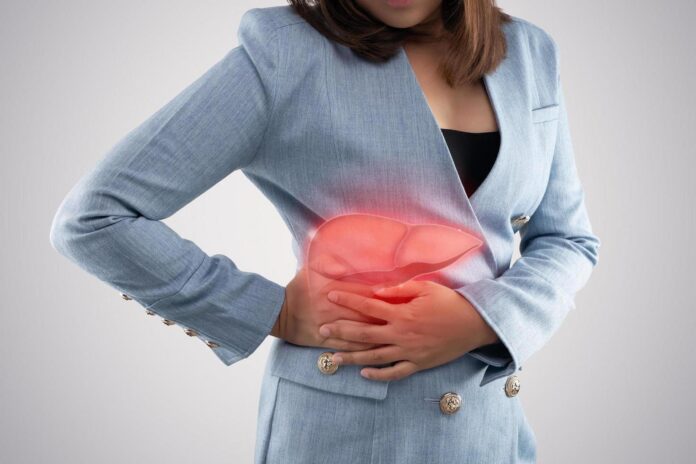Dealing with discomfort in the upper abdomen can be perplexing, especially when symptoms overlap. Gastric pain and heartburn are two common culprits, often causing confusion due to their similar presentations. In this insightful exploration, we’ll delve into the distinctions between gastric pain and heartburn, shedding light on their causes, symptoms, and effective ways to find relief.
Gastric Pain: Unraveling the Discomfort
Gastric pain, often referred to as stomach pain, is a broad term encompassing discomfort or pain in the upper abdomen. It can be caused by various factors, making it imperative to identify the root cause for targeted treatment.
Causes of Gastric Pain
Gastric pain can result from conditions such as gastritis, peptic ulcers, gastroenteritis, or gallbladder issues. It may also be triggered by overeating, consuming spicy or fatty foods, and stress.
Symptoms of Gastric Pain
Gastric pain typically presents as a burning or gnawing sensation in the upper abdomen. This discomfort can be accompanied by bloating, nausea, and a feeling of fullness.
Diagnosing Gastric Pain
Identifying the cause of gastric pain involves a thorough medical evaluation. This may include imaging tests, endoscopy, or blood tests, depending on the suspected underlying condition.
Heartburn: The Burning Predicament
Heartburn, on the other hand, is a specific type of discomfort caused by the reflux of stomach acid into the esophagus. It gets its name from the burning sensation felt in the chest, behind the breastbone.
Causes of Heartburn
Heartburn is primarily caused by the weakening of the lower esophageal sphincter (LES), allowing stomach acid to flow back into the esophagus. Certain foods, obesity, and pregnancy can contribute to this weakening.
Symptoms of Heartburn
The hallmark symptom of heartburn is a burning sensation in the chest, often accompanied by a sour taste in the mouth. It tends to worsen after meals or when lying down.
Diagnosing Heartburn
Heartburn is usually diagnosed based on the characteristic symptoms. In some cases, diagnostic tests like endoscopy or pH monitoring may be recommended to assess the extent of acid reflux.
Distinguishing Between Gastric Pain and Heartburn
While both conditions involve discomfort in the upper abdomen, certain features can help distinguish between gastric pain and heartburn.
Nature of Discomfort
Gastric pain often presents as a generalized ache or burning sensation in the upper abdomen. In contrast, heartburn is characterized by a specific burning sensation behind the breastbone, radiating upward.
Triggers
Gastric pain may be triggered by various factors, including specific foods, stress, or underlying gastrointestinal conditions. Heartburn, on the other hand, is typically aggravated by lying down or consuming certain acidic or spicy foods.
Timing of Symptoms
Gastric pain can occur at any time, whether before, during, or after meals. Heartburn tends to occur after meals, especially when lying down or bending over.
Management and Relief Strategies
Managing and finding relief for gastric pain and heartburn involve tailored approaches based on the underlying cause. Here are some general strategies:
Dietary Modifications
Identify and avoid foods that trigger symptoms. For heartburn, this may include acidic or spicy foods. For gastric pain, a bland diet may be recommended during flare-ups.
Medications
Antacids, H2 blockers, and proton pump inhibitors (PPIs) are commonly used to alleviate heartburn symptoms by reducing stomach acid. Gastric pain may require medications targeting specific underlying conditions.
Lifestyle Changes
Elevating the head of the bed, avoiding large meals close to bedtime, and maintaining a healthy weight can help manage both gastric pain and heartburn.
Stress Management
Stress can exacerbate gastric pain. Practices like deep breathing, meditation, and regular exercise can be beneficial for symptom management.
When to Seek Medical Attention
While lifestyle modifications and over-the-counter medications may provide relief for occasional symptoms, it’s crucial to consult a healthcare professional if:
- Symptoms persist or worsen.
- There is difficulty swallowing.
- Unintended weight loss occurs.
- Severe chest pain is experienced.
Conclusion
Gastric pain and heartburn may share common ground in terms of upper abdominal discomfort, but understanding their unique characteristics is pivotal for effective management. By recognizing the subtle differences, individuals can work with healthcare professionals to pinpoint the underlying causes and implement targeted strategies for relief. Whether it’s adopting dietary changes, incorporating stress-management techniques, or utilizing medications, a personalized approach is key to tackling these digestive challenges and restoring comfort.








